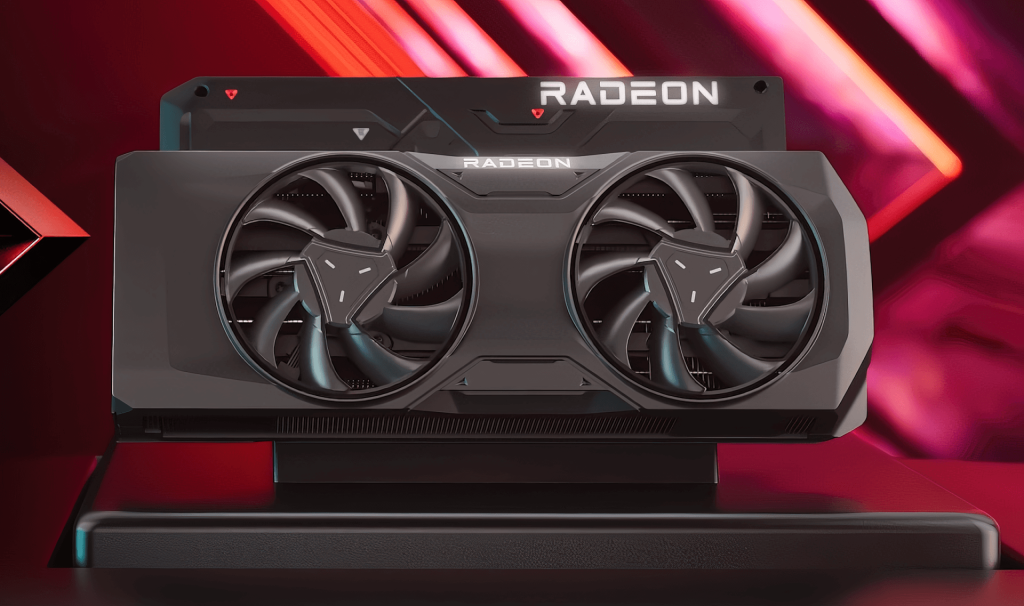Office Address
S.C Chatterjee Road - Bandel
Prantik Benepukir
IN - West Bengal
Hooghly - 712123
AMD fixes RDNA 3 with Adrenaline 23.12.1 enhances the user experience overall, and adds HAGS support from RX 7700 Series and beyond.

Up until recently, AMD had a plethora of issues with AFMF (AMD Fluid motion Frame), hardware-accelerated GPU Scheduling, and performance inconsistencies. Here is a rundown of the following:
Issues with AMD Fluid Motion Frames (AFMF): AMD Fluid Motion Frames (AFMF) is a frame generation technology that provides a frame-rate boost to DirectX® 11 and 12 games on AMD Radeon™ RX 7000 Series desktop graphics cards.
However, there were intermittent driver crashes observed while AFMF was enabled and the game’s resolution was changed or a task switch happened (such as alt-tab between different windows). The issue was more prominent in benchmarking software, but gamers may have experienced potential slowdowns elsewhere.
Issues with Hardware Accelerated GPU Scheduling (HAGS): Hardware Accelerated GPU Scheduling (HAGS) is a feature in Windows that can potentially improve performance in certain scenarios. However, there were reports of new drivers not supporting HAGS in Windows. Some users reported that they didn’t see any performance improvement with HAGS turned on
Other Performance Issues: There were also reports of serious performance issues with RDNA 3 graphics cards under Windows 11. A software engineer at Google running an RX 7900 XTX with the most recent version of the Adrenalin driver ran into trouble with much lower TimeSpy results than should have been produced.
The good news is that these issues have been addressed recently. AMD has been actively working on resolving these problems. For instance, improvements have been made in the November 9th release to further improve stability for the AFMF issue.
Due to the HAGS issue, some users have suggested registry hacks as a workaround. As for the other performance issues, AMD managed to reproduce this severe performance glitch and it was suggested that users roll back to the previous driver or wait for the fix to be deployed.
It’s important to note that while these fixes have improved the situation, users may still encounter issues depending on their specific hardware and software configurations. Always make sure to keep your drivers up-to-date and report any issues to AMD for further assistance. Hopefully, the RX 7600 Series will also be dealt with by fixing HAGS.
With the 7th December update, AMD has redesigned its driver to incorporate all enhancements and modifications from AMD Software: Edition of Adrenalin 23.12.1 along with bringing in improvements in frame pacing and stuttering when AFMF is in effect.

Recall that AMD Fluid Motion Frames technology is currently in its technical preview phase, so when it emerges from the preview, we can expect a far more polished version of the original technology. As part of the Adrenalin 23.12.1 package, the main driver brand was released earlier this week, and the technical preview driver includes all of the improvements and changes that were included in that driver.
Fluid Motion Frames technology adds a frame interpolation technique to enable frame generation, similar to AMD’s FSR 3. This can more than double the frame rate in games, but the key distinction is that AFMF can be turned on or off via the Radeon hardware, whereas FSR 3 is integrated into the game engine.
The visual quality of FSR 3 is much better than before, but the GPU owner’s frame-gen only supports a limited set of hardware, meaning that other players can still take advantage of frame generation by using Fluid Motion Frames. I believe that AMFM is a very sensible option for handheld consoles, which have become very popular in the last few years. Overall, very glad to see that Fluid Motion Frames technology is being improved and I look forward to more releases in the future.